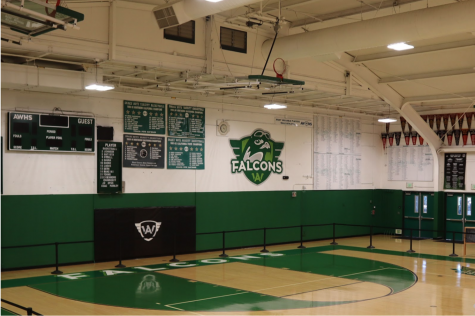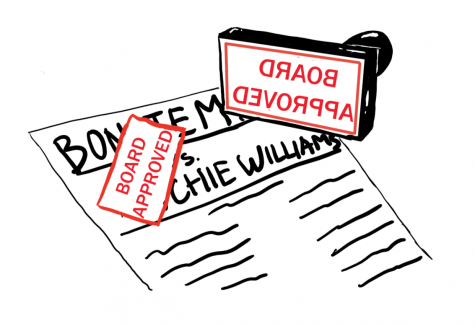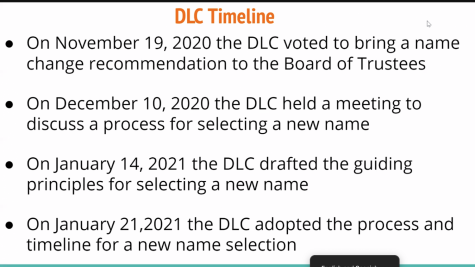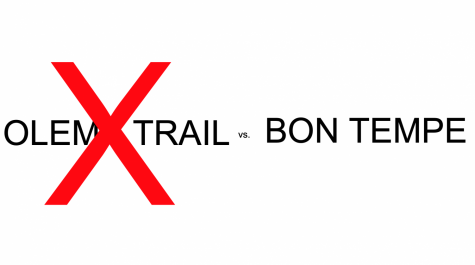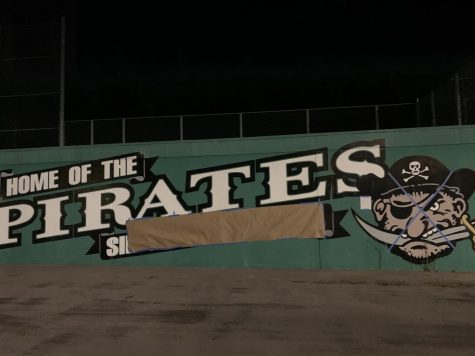Zero-Waste movement influences Marin businesses
As climate change and pollution issues become more dire, some local businesses are taking the lead to reduce plastic waste by offering sustainable options and suggesting ways that the community can also reduce single-use plastic consumption.
Plastic not only feeds into the oceans and disrupts ecosystems, but also pollutes the air; chemicals used to produce plastic are extracted from petroleum and coal. According to the United Nations Environment Program, 300 million tons of plastic are thrown away every year. This is almost equivalent to the weight of the entire human population.
Given the enormity of this dilemma, many wonder how much one person’s actions can help with this global issue. According to Max Cameron, co-founder of waste-free home goods store Wild Minimalist in downtown San Anselmo, it doesn’t take much to make a difference.
At Wild Minimalist, you can find many zero waste alternatives to common everyday items. Take a stroll into the shop or browse the website, and you’ll come across all sorts of stainless steel containers, woven produce bags, and their best-seller, the wooden dish cleaning brushes. Almost every product you use in your daily life has a similar sustainable version at Wild Minimalist.
“A lot of the tools that we use in our everyday lives are designed to be disposable; they’re designed to be convenient and single-use. A lot of those plastics can break down into microplastics and work their way into the ocean,” said Cameron.
He suggests that a great way to start reducing single-use plastic is to bring reusable produce bags to the grocery store.
Speaking of food, the food industry produces an abundance of plastic waste. According to World Centric Compostable, it’s estimated that 40 billion plastic utensils are used every year in the United States. Businesses like Fairfax Scoop, a compact and organic ice cream shop on Broadway Boulevard in Fairfax, are already ahead of the game. They claim to be a “waste-free zone,” meaning that they do not sell disposable cups or utensils.
“When we tell people ‘sorry we’re waste-free, we don’t have spoons,’ I think it’s hard to register because a lot of places have disposable things to give them,” said Fairfax Scoop employee Sunee Kiernan.
At Scoop, customers must get their ice cream in a homemade waffle cup or cone, or eat outside using Scoop’s reusable metal cups and spoons. Customers are also encouraged to bring their own reusable containers and utensils if they want to eat their ice cream on the go.
“I think some people definitely find it inconvenient, but it’s a necessary change that I think we all need to make,” Kiernan said.
Scoop is not the only eatery that is incorporating more environmentalism and zero waste policies. Peet’s Coffee, located in the Red Hill Shopping Center, is making efforts by slowly eliminating the distribution of single-use plastic straws, utensils, lids, and cups.
“Although this Peet’s does offer plastic straws upon request, the majority of Peet’s locations have begun using paper straws,” said a Peet’s Coffee representative.
Coffee shops are generally not the most sustainable or environmentally ethical. According to Mother Nature Network, it takes 37 gallons of water to grow enough coffee beans to make one cup of coffee. According to the representative, Peet’s has not made significant changes to the amount of water used in coffee production, but they are helping the issue of plastic waste and claim to support the environment.
While different businesses are approaching this trend toward sustainable living and consuming in different methods and rates, clearly, this trend is here to stay.
According to Cameron, “By doing something as simple as changing the way that you wash dishes, you can make a really big impact over time, especially if a lot of people do it.”
Your donation will support the student journalists of Archie Williams High School. Your contribution will allow us to purchase equipment and cover our annual website hosting costs. Each donation will receive a magazine subscription for a year (6 copies a year), and become a part of the important work our publication is doing.
$35 -- Subscription to the magazine
$50 -- Silver Sponsorship
$75 -- Gold Sponsorship
$100 -- Platinum Sponsorship

Samantha is a senior in her third year in journalism. She loves little old bookstores, the smell of almond extract, and rewatching Stranger Things. When...


